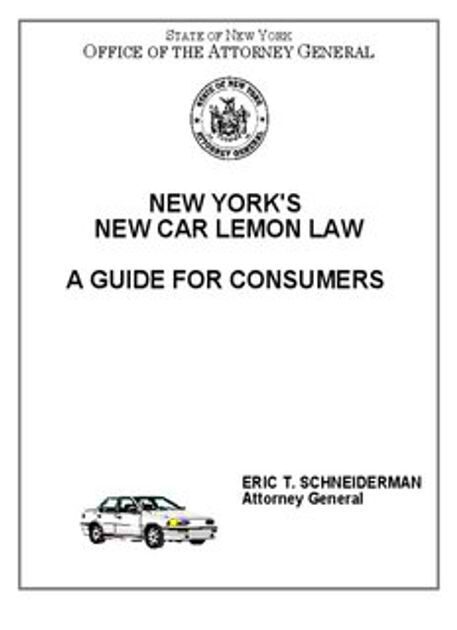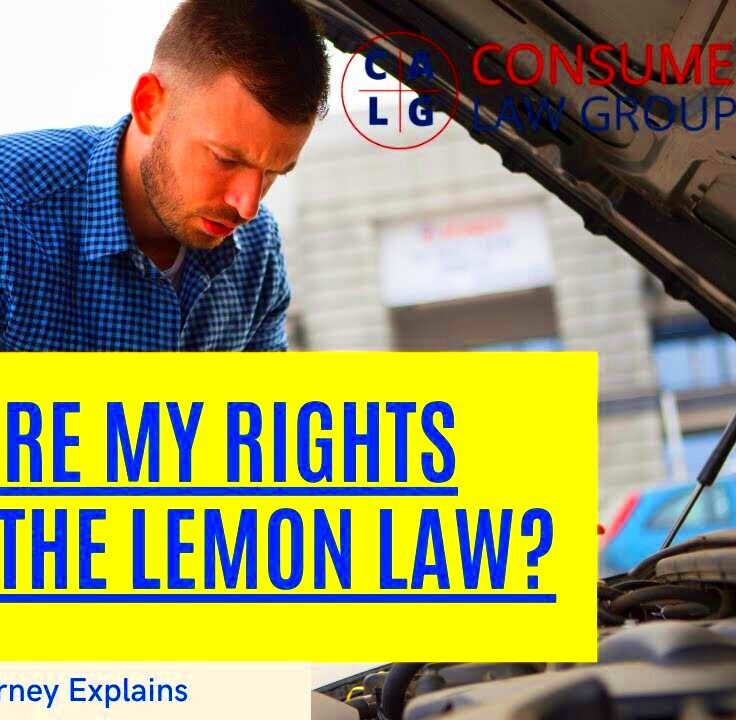Lemon Law Considerations for New Cars in Virginia
If you recently purchased a car in Virginia and it has been causing you endless problems you may be feeling frustrated and helpless. However before you lose hope it’s worth considering Virginias Lemon Law, which is in place to safeguard consumers like you. This legislation ensures that if your car proves to be defective with ongoing issues that affect its usability, value or safety you have legal options available. Having gone through similar challenges myself I can assure you that familiarizing yourself with this law can greatly impact your experience. Let’s explore how Virginias Lemon Law operates and what actions you should take if you find yourself facing this predicament.
Understanding Lemon Laws for New Cars

The Lemon Law in Virginia is designed to assist purchasers of vehicles facing ongoing problems with their cars. This legislation covers cars that have major flaws which cannot be fixed even after several attempts. Here’s a summary of its functioning.
- Coverage: The Lemon Law covers new cars purchased or leased in Virginia, including cars that are still under warranty.
- Defects: The defects must be substantial, affecting the car’s use, value, or safety. Minor inconveniences or cosmetic issues usually don’t qualify.
- Repair Attempts: The car must have been given a fair number of repair attempts (usually three or more for the same issue) or been out of service for a cumulative total of 30 days or more.
Its like having a backup plan when your brand car turns out to be more trouble than its worth. This law ensures that you wont be stranded if your new vehicle falls short of your hopes.
Key Requirements for a Car to Qualify

In order for your new vehicle to be deemed a “lemon” according to Virginia legislation certain conditions need to be fulfilled. Lets go through the details of what qualifies as a lemon.
- Substantial Defect: The car must have a defect that significantly impairs its use, value, or safety. This defect must be covered by the warranty.
- Repair Attempts: The defect should have been repaired at least three times by the manufacturer or dealer. Alternatively, the car should have been out of service for 30 days or more due to the defect.
- Warranty Period: The defect must occur within the warranty period or within 18 months of delivery, whichever comes first.
These stipulations are in place to prevent the situation from being dismissed as a trivial matter or one arising from the owners mishandling. The focus here is on holding producers responsible and making sure they deliver a product that aligns with the promised quality benchmarks.
Steps to Take if Your Car is a Lemon

Handling a car can be quite stressful, but with the approach you can turn things around. Based on my experience I’ve found that taking action and following a plan can greatly impact the outcome. Here’s a straightforward guide to assist you in dealing with this situation.
- Document Everything: Start by keeping detailed records of all repairs and service visits. Note the dates, nature of the defects, and the dealer’s responses. Photocopy repair orders and any correspondence with the dealer.
- Notify the Manufacturer: Inform the car manufacturer about the ongoing issues. This is crucial because, under the Lemon Law, the manufacturer needs to be given a chance to address the problem.
- Give the Dealer a Final Opportunity: Provide the dealer with one last chance to fix the problem. Make sure to keep all records of these repair attempts as they will be essential if you decide to pursue a claim.
- Consult a Lawyer: If the problem persists and you’re not getting a satisfactory resolution, it might be time to seek legal advice. A lawyer specializing in Lemon Law can guide you through the next steps.
By taking these actions, you can make sure you’re ready to deal with the situation and improve your odds of a positive result.
How to File a Lemon Law Claim
Navigating the process of filing a Lemon Law claim may appear overwhelming at first. However by breaking it down into steps you can make it easier. Here’s a helpful guide to walk you through the process.
- Review the Lemon Law Requirements: Before filing a claim, ensure that your car meets the Virginia Lemon Law criteria. Check the number of repair attempts and the duration the car has been out of service.
- Prepare Your Documentation: Gather all necessary documents including repair records, correspondence with the dealer, and proof of the defect. This will be vital to support your claim.
- Submit a Claim to the Manufacturer: Contact the manufacturer to formally submit your Lemon Law claim. Include all your documentation and provide a clear explanation of the issues and repair attempts.
- File a Complaint with the Virginia Department of Motor Vehicles: If the manufacturer does not resolve the issue, you can file a complaint with the Virginia DMV, which oversees Lemon Law claims.
With every move you make you get nearer to finding a solution to the problem. Keep in mind that determination is crucial and having your paperwork well organized can greatly enhance your prospects of a successful claim.
What to Expect During the Process
Having gone through the Lemon Law process I can assure you that being aware of what lies ahead can ease some of the tension. Here’s a brief overview of what you may come across.
- Manufacturer’s Response: After filing your claim, the manufacturer may offer to repair the car again or provide a refund or replacement. Their response time can vary, so patience is essential.
- Arbitration or Mediation: In some cases, disputes may be resolved through arbitration or mediation. This is a less formal process than going to court and can be a quicker resolution.
- Legal Proceedings: If arbitration or mediation doesn’t work, you might need to pursue legal action. This can involve court hearings, where a judge will review the evidence and make a decision.
- Resolution: If your claim is successful, you may receive a refund, replacement vehicle, or a settlement. The exact resolution will depend on the specifics of your case and the terms of the Lemon Law.
Keeping things in order and staying up to date can help make the journey easier and less stressful. Don’t forget that you have support and there are resources ready to assist you whenever you need them.
lemon?
Yes, if your car qualifies as a lemon, you may be entitled to a refund, replacement vehicle, or a settlement. The specific resolution will depend on the terms of the Lemon Law and the manufacturer’s response. Generally, you’ll either get a full refund of the purchase price or a comparable replacement vehicle.
Conclusion
Navigating the Lemon Law process may seem like a challenge but keep in mind that its purpose is to safeguard you and ensure a fair resolution. Based on my own experiences I’ve witnessed how being aware of your rights and following the steps can lead to an outcome. It’s crucial to keep thorough records stay determined and seek assistance when necessary. Whether it’s handling unresponsive dealers or deciphering legal jargon taking an approach can significantly impact the outcome. If you find yourself at an impasse don’t hesitate to consult with professionals who can provide guidance throughout the process. Remember you have legal safeguards in place and with the strategy you can transform a frustrating situation into a success story.


